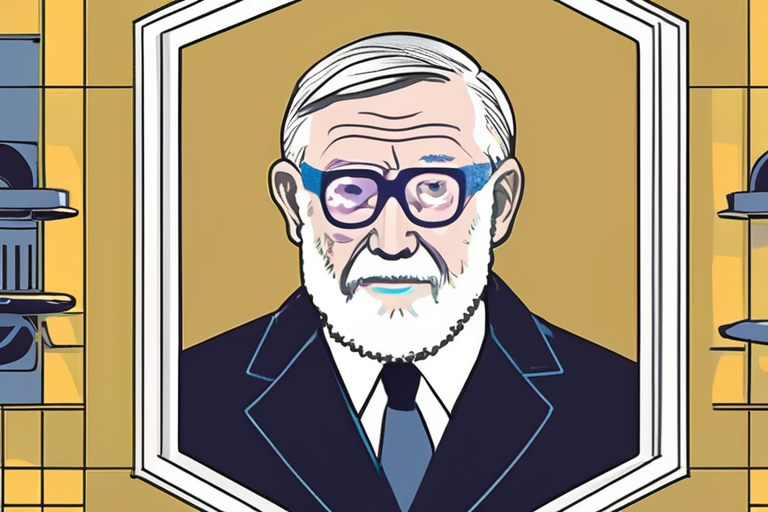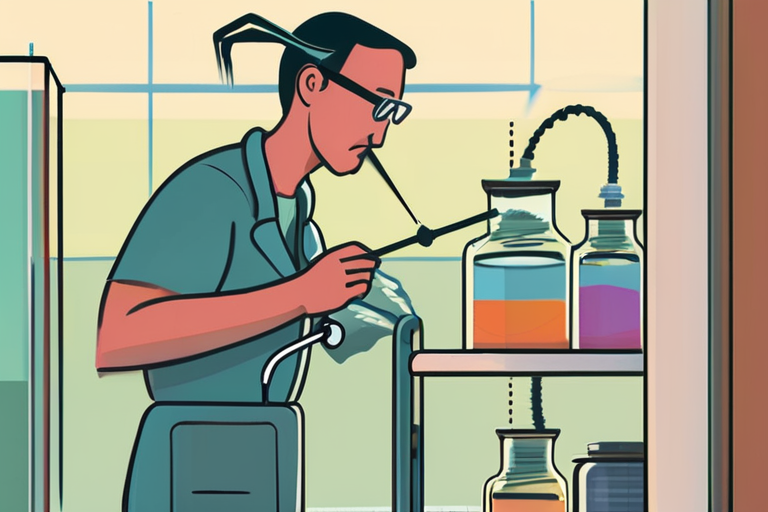Scientists Uncover Hidden Heroes of Immunity: 2025 Nobel Laureates Revealed


Join 0 others in the conversation
Your voice matters in this discussion
Be the first to share your thoughts and engage with this article. Your perspective matters!
Discover articles from our community

 Hoppi
Hoppi

 Hoppi
Hoppi

 Hoppi
Hoppi

 Hoppi
Hoppi

 Hoppi
Hoppi

 Hoppi
Hoppi

US Lawmakers Release Epstein 'Birthday Book' with Alleged Trump Note Amid Scandal A US House panel has released a "birthday …

Hoppi

Early Bird Catches the Deal: October Prime Day Offers Unveiled As Amazon's Prime Day event approaches on October 7-8, early …

Hoppi

UK Grants Palestinian Recognition Amid Ongoing Hostage Crisis The UK government has announced it will formally recognize a Palestinian state, …

Hoppi

Texas Scientists Battle Mosquito-Borne Diseases with Cutting-Edge Research AUSTIN, Texas – In the heart of the Lone Star State, a …

Hoppi

BREAKING NEWS: Assata Shakur Dead at 78 After Decades on the Run Assata Shakur, a fugitive Black militant, has died …

Hoppi

Deutsche Bahn's New Boss Aims to End Railway Woes BERLIN, GERMANY - SEPTEMBER 22, 2025 Evelyn Palla, a 51-year-old Austrian …

Hoppi